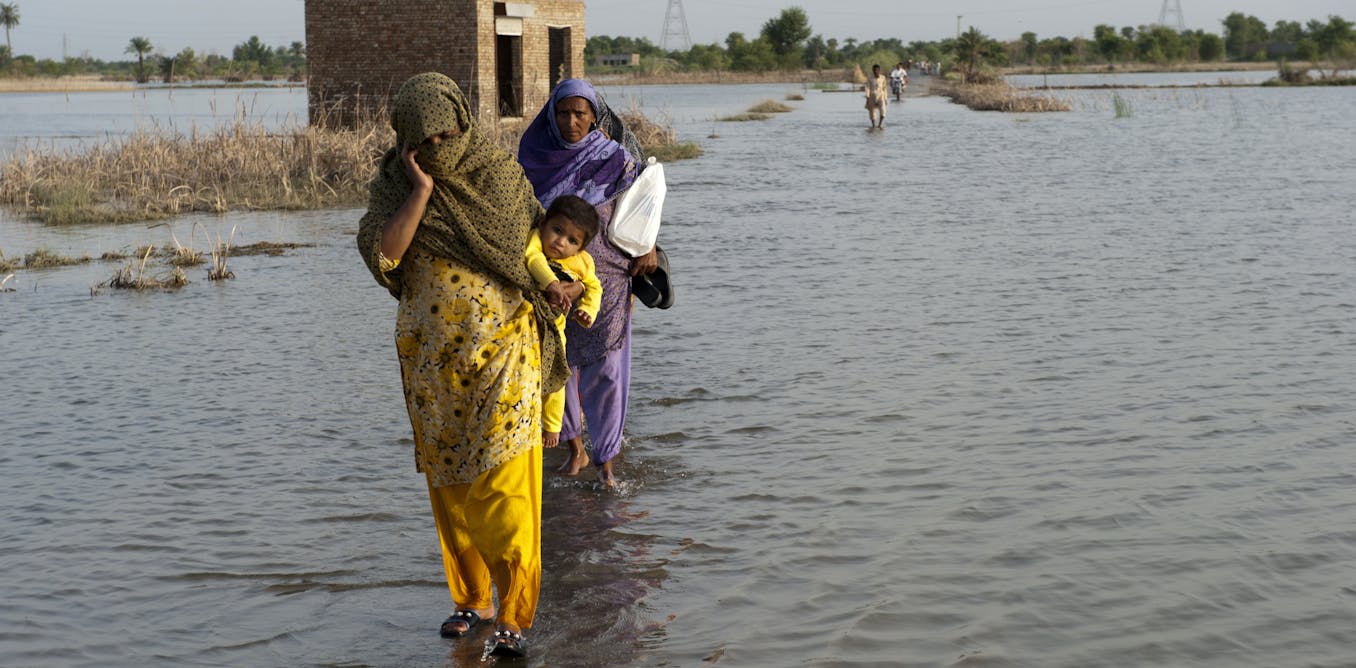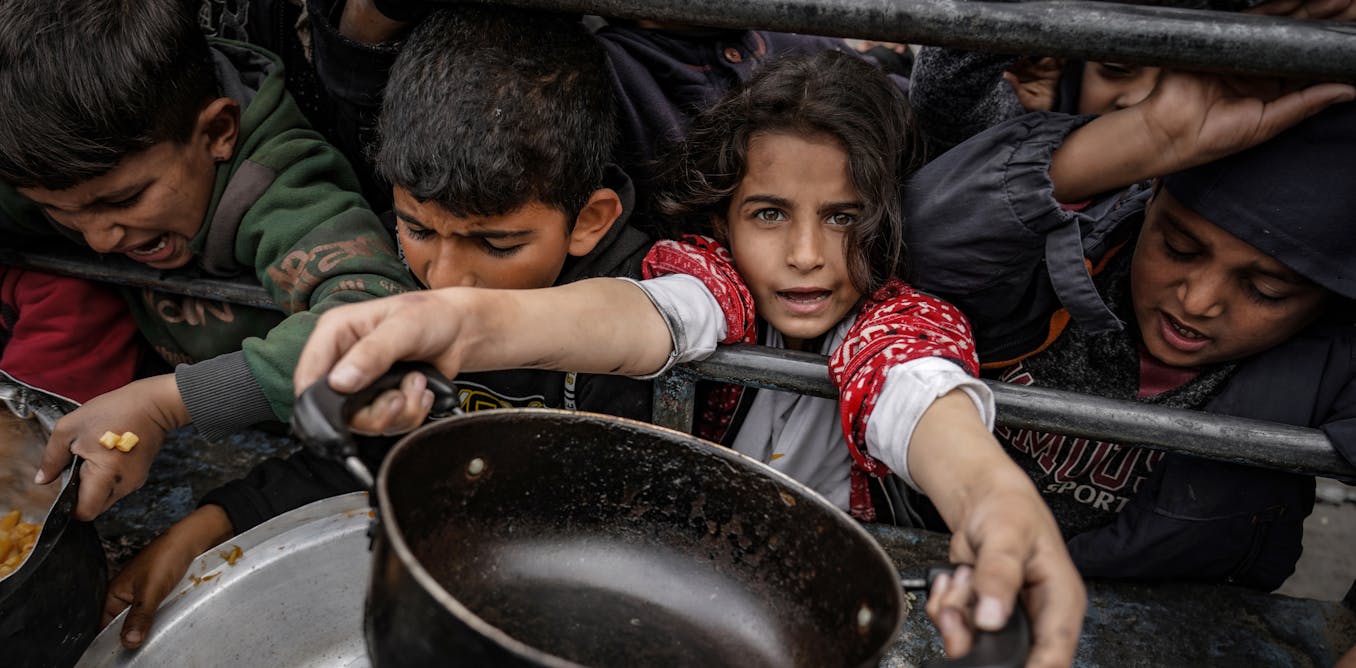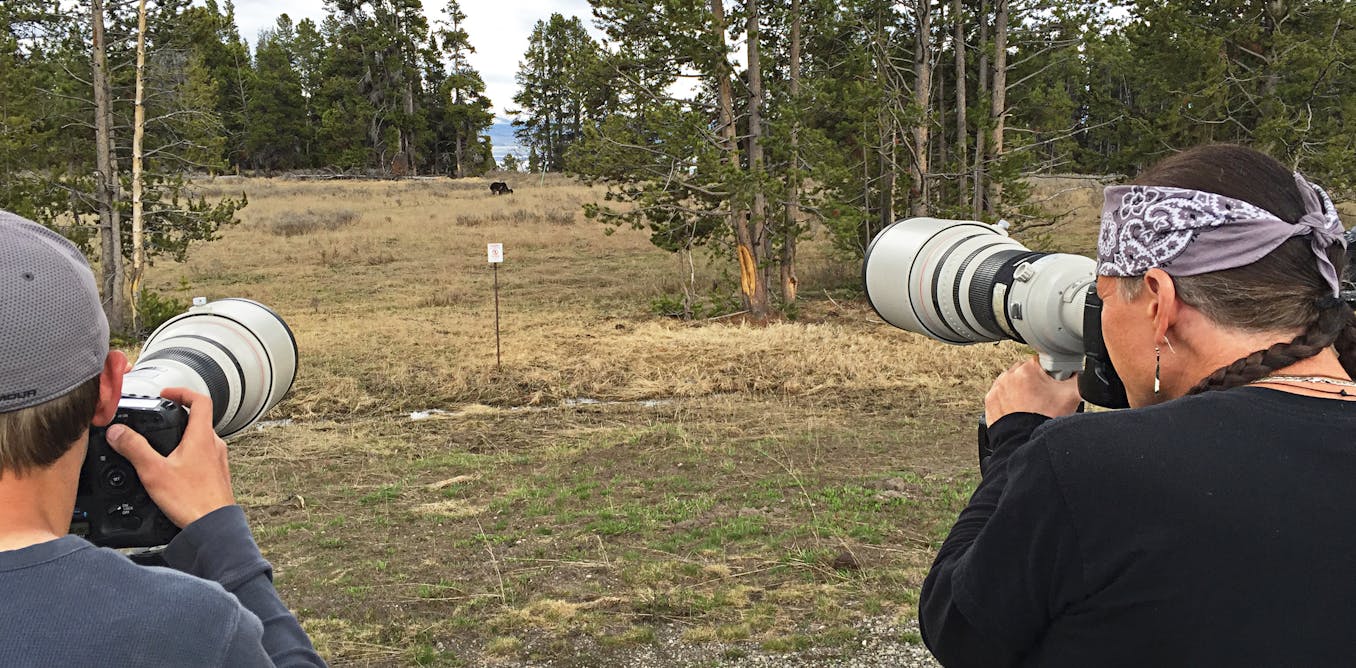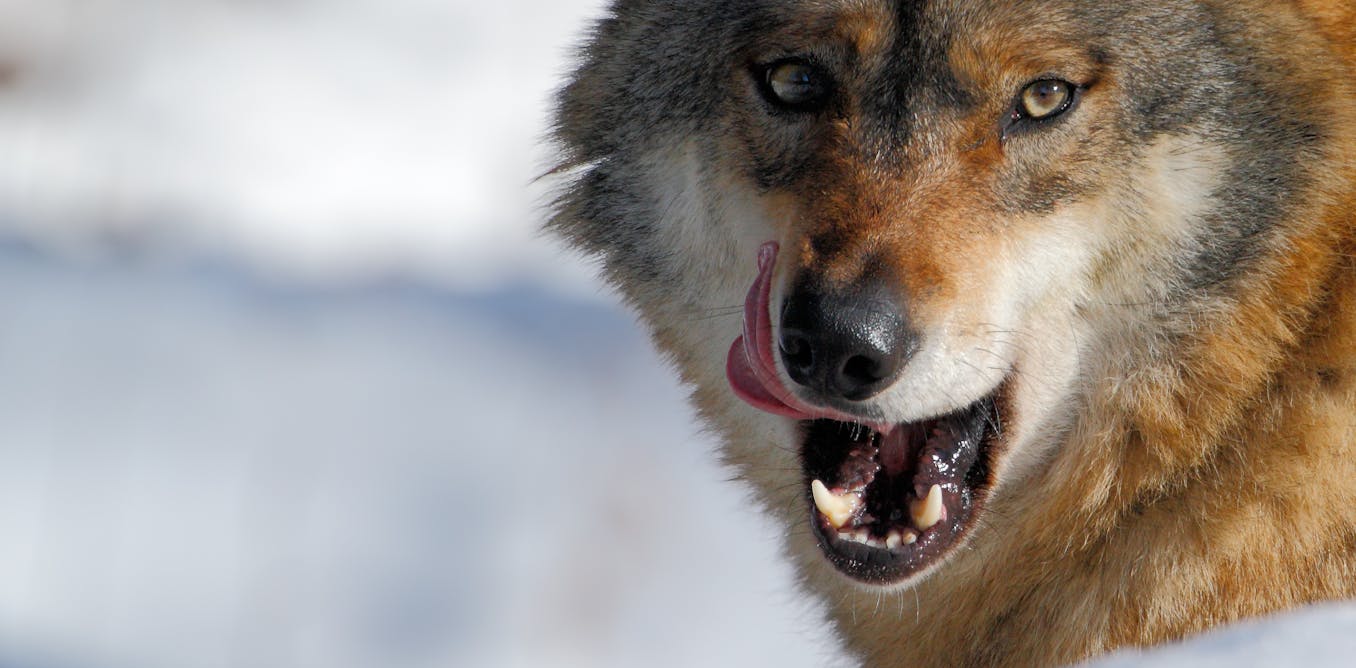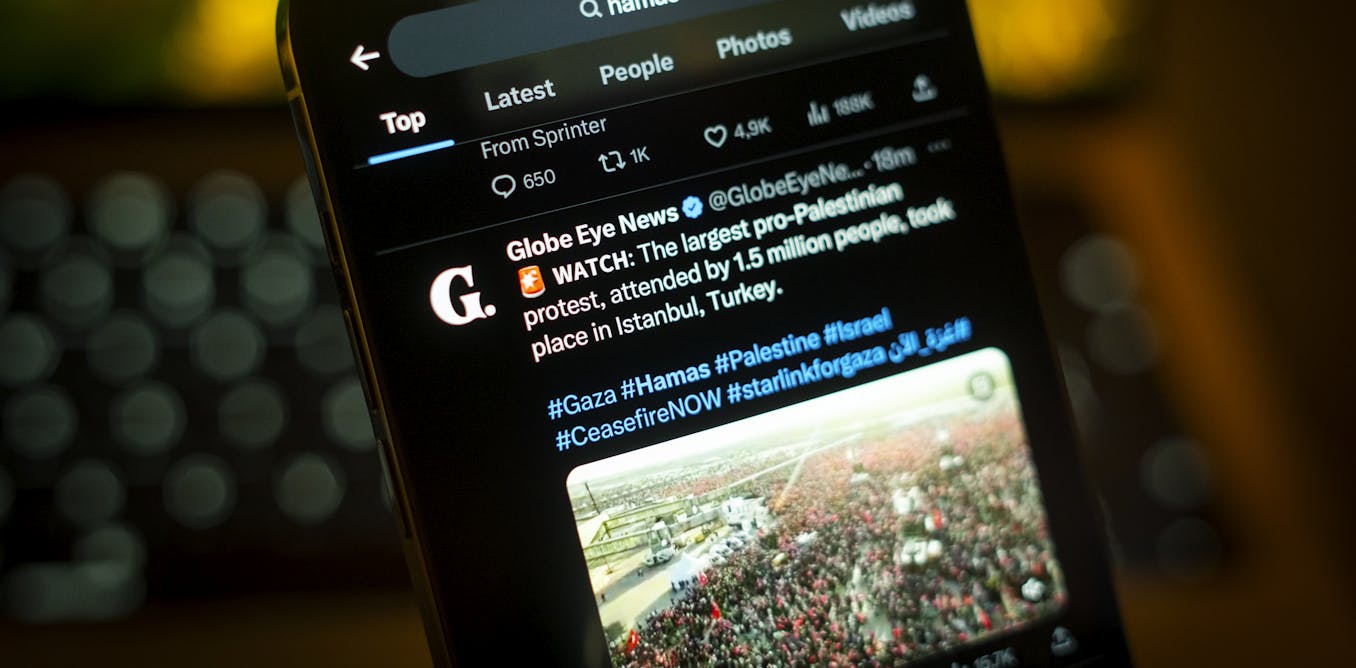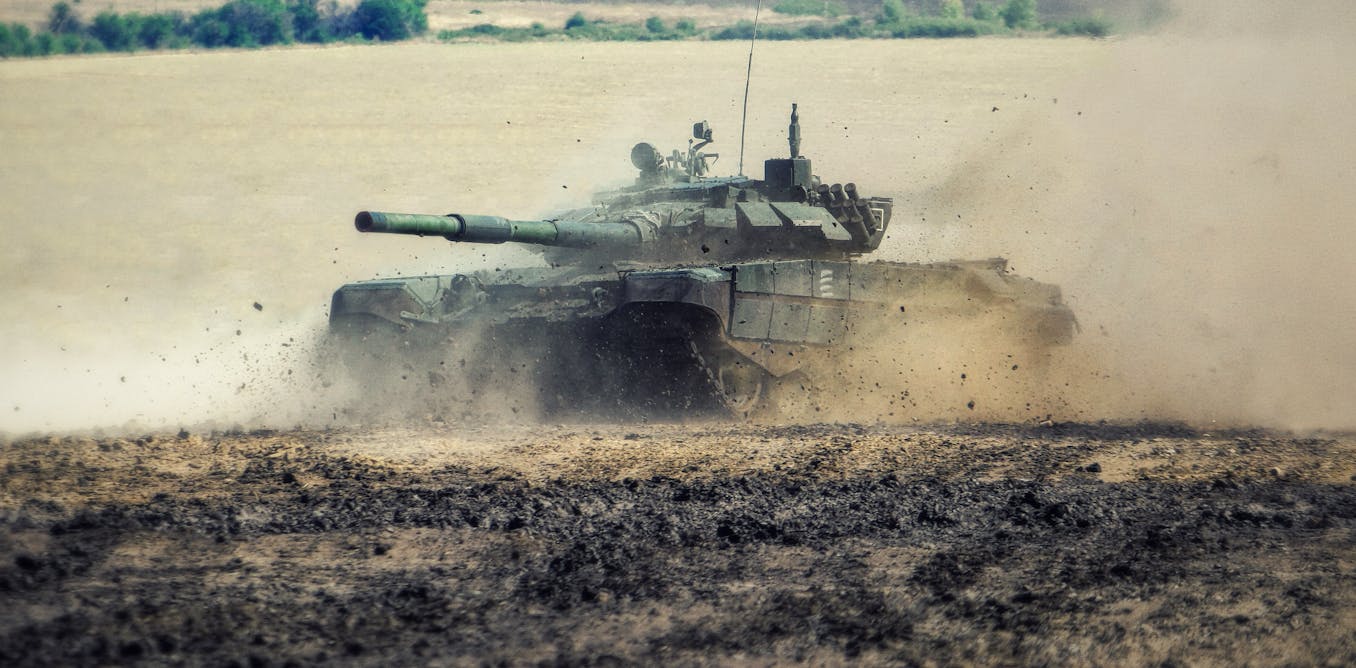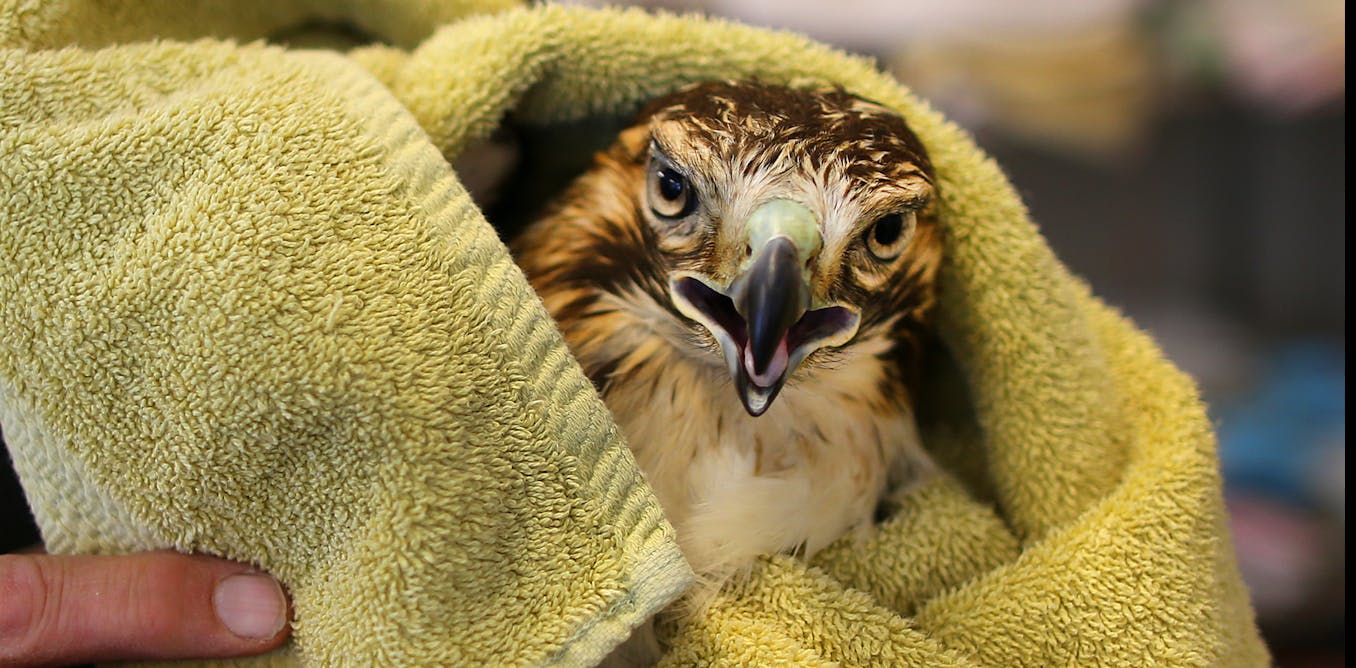How countries in conflict zones can recover from floods – lessons from Pakistan
Our expert in disaster recovery and climate change adaptation calls for a longer-term response to conflict zones affected by severe flooding, such as Libya and Pakistan.
March 5, 2024 • ~8 min

